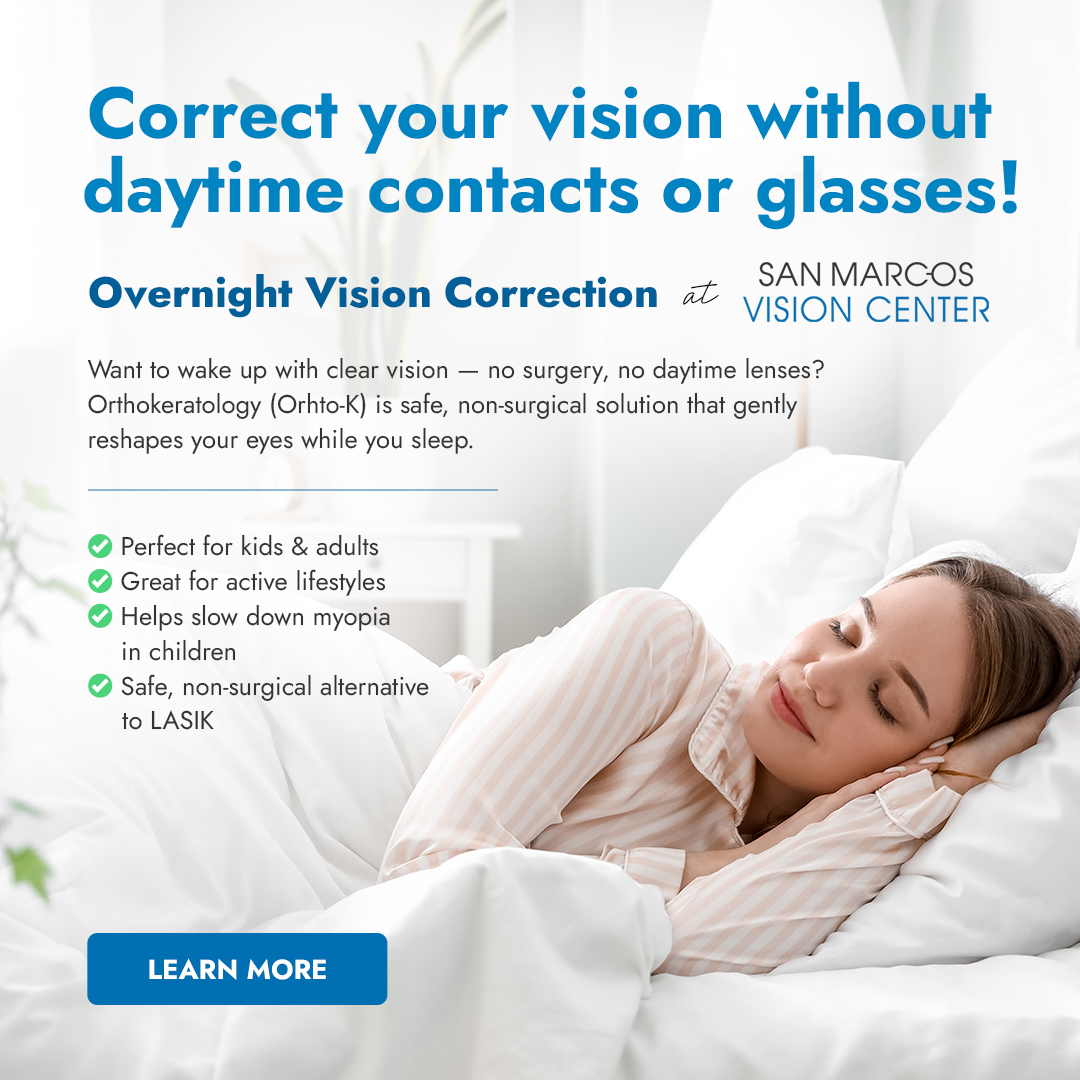
Eyes are not just the windows to our souls but can also reflect the overall health of our body. Surprisingly, a quick glance through these visual organs can sometimes reveal hidden health issues that might need immediate attention.
In recent years, ophthalmologists and healthcare professionals have increasingly recognized the importance of routine eye exams, not just to correct vision, but as a crucial step in diagnosing serious systemic health problems.
The Eye-Body Connection
The connection between our eyes and overall health is profound. Our eyes are composed of several nerves, blood vessels, and tissues that are closely linked to various parts of our body. This makes them unique indicators of health, capable of revealing conditions that might otherwise go unnoticed. When doctors examine your eyes, they can detect signs of over 20 different health conditions, ranging from autoimmune diseases to cancers.
Conditions That Eyes Can Indicate
Diabetes
Diabetes can cause changes in the blood vessels of the retina, leading to a condition known as diabetic retinopathy. Early detection through an eye exam can prevent severe vision loss and also prompt necessary adjustments in diabetes management.
High Blood Pressure
Blood vessels in the eye can become narrowed or show signs of bleeding due to hypertension. This condition, known as hypertensive retinopathy, reflects the damaging effects of high blood pressure on the body's circulatory system.
High Cholesterol
Signs of high cholesterol can appear around the eyes in the form of yellowish deposits or a blue ring around the cornea. These signs can alert doctors to potential risks of heart disease.
Autoimmune Disorders
Certain autoimmune disorders, like lupus, can affect various parts of the eye and manifest as inflammation. A routine eye exam can facilitate early diagnosis and treatment.
Thyroid Diseases
Thyroid eye disease, associated with conditions like Grave’s disease, can cause bulging of the eyes, vision problems, and puffy eyelids. Eye exams can play a role in detecting these thyroid-related problems.
Cancer
The eyes can sometimes reveal cancerous growths within the eye or indicate systemic cancers such as lung and breast cancer that have metastasized. Additionally, basal cell carcinomas on the eyelid or surface may also be identified during an eye exam.
The Diagnostic Process
An eye exam is more than checking how well you can see. It involves several tests that allow eye doctors to look deep into your eyes. Here’s what some of these tests entail:
Dilated Eye Exam:
● Purpose: To provide a wider view of the inside of your eyes, allowing for a thorough examination of the retina, optic nerve, and other structures.
● Process: Eye drops are administered to dilate (widen) the pupils. This temporary effect might make your eyes more light-sensitive and blur your vision for several hours, necessitating arrangements for a ride home post-exam.
Tonometry:
● Purpose: This test primarily focuses on measuring the internal pressure of the eye, which is crucial for glaucoma detection.
● Process: There are various methods, but a common one involves a quick puff of air onto the eye's surface. Another method includes the use of a pressure-sensitive tip that gently touches the eye, requiring numbing drops for comfort.
Visual Field Test:
● Purpose: To assess the full horizontal and vertical range and sensitivity of your vision, detecting any blind spots (scotomas) which could point to eye diseases.
● Process: You'll be asked to look straight ahead and indicate when you see light spots in your peripheral vision. There are several types of visual field tests, like the automated perimetry test, where you watch for flashing lights and press a button each time you see one.
Further Diagnostic Steps
The initial findings from these standard tests can serve as critical indicators of potential health issues, necessitating further exploration:
● In-depth Analysis: Should any abnormalities or concerns arise during the preliminary tests, your eye doctor may opt for more detailed imaging or specific diagnostic tests to investigate further.
● Referral to Specialists: In certain cases, the results might indicate the need for intervention by specialized healthcare professionals. For instance, signs of retinal damage might require the attention of a retinologist, while elevated eye pressure readings could lead to a referral to a glaucoma specialist.
The Outcome
The comprehensive nature of an eye exam not only ensures the optimal management of your vision and eye health but also plays a crucial role in detecting systemic health issues. With the eyes acting as a window to the body’s overall condition, the diagnostic process is a vital component in maintaining not just the health of your eyes, but your general wellbeing.
Preventive Measures and Eye Care
Preventing eye-related health issues also involves maintaining good overall health. Here are some recommendations:
Regular Exercise and Healthy Diet
The foundation of eye health begins with what you eat and how you move. Let's explore:
Balanced Diet:
● Omega-3 Fatty Acids: Found in fatty fish like salmon, these are crucial for eye health.
● Green Leafy Vegetables: Rich in antioxidants, they protect the eyes from diseases.
● Fruits High in Vitamins A, C, and E: Essential for combating age-related vision changes.
Consistent Physical Activity:
● Activities like walking or cycling help in managing weight and blood pressure, reducing the risk of diabetes and hypertension, which can adversely affect eye health.
No Smoking
The detrimental effects of smoking extend to your eyes as well:
● Increases Risk: Smoking significantly heightens the risk of developing cataracts and age-related macular degeneration.
● Quit Smoking: Giving up tobacco can drastically reduce these risks and improve overall eye health.
Protective Sunglasses
Your eyes need protection from the sun's harmful rays:
● Block UV Rays: Sunglasses should block 99% to 100% of both UVA and UVB rays to shield your eyes effectively.
● Prevent Damage: This helps prevent conditions like cataracts and macular degeneration related to sun exposure.
Regular Eye Exams
Early detection through regular eye exams is key:
● Detect Silent Conditions: Many eye diseases, such as glaucoma, develop without immediate symptoms. Early detection is crucial.
● Uncover Hidden Health Issues: Eye exams can also reveal signs of systemic diseases like diabetes before other symptoms appear.
Eye care is more than just vision correction—it's a vital component of your overall health strategy. By focusing on a healthy lifestyle, protecting your eyes. Prioritize your eye health as a crucial part of your journey towards a healthier life.
Conclusion
The recognition of the eye as a mirror to our health has opened new avenues for early diagnosis and intervention. Through advances in technology, eye exams today are more than just vision checks; they are essential health screenings that can detect underlying health issues at an early stage, potentially saving lives.
In conclusion, our eyes are integral not only to our vision but also to our overall health. They offer a unique glimpse into the state of our bodies that should not be overlooked. Hence, paying attention to eye health and undergoing regular eye exams can go a long way in maintaining not just good vision, but also good health.
Caring for your eyes does not only prevent vision loss but could also unveil significant insights into your overall health status. As we move forward, it’s crucial to view eye care as part of a holistic approach to healthcare, acknowledging that eyes are not only the window to the soul but also to the body’s well-being.

 Specialty Contacts
Specialty Contacts





